
Harvard University Advises Avoiding Logan Airport Separate Guidance Issued for Iranian and Chinese Students AI and Engineering Majors Also Urged to Exercise Caution Campus of Harvard University / Photo = iStock
Read More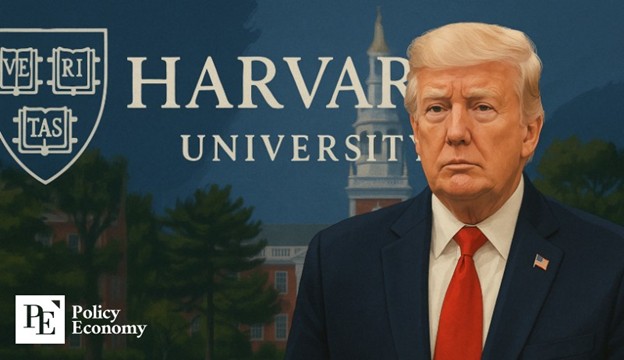
Trump Intensifies Financial Pressure on Harvard Once Again Federal Government Moves to Block Foreign Student Enrollment Will the Backlash Against International Students Ultimately Hurt the U.S.?
Read More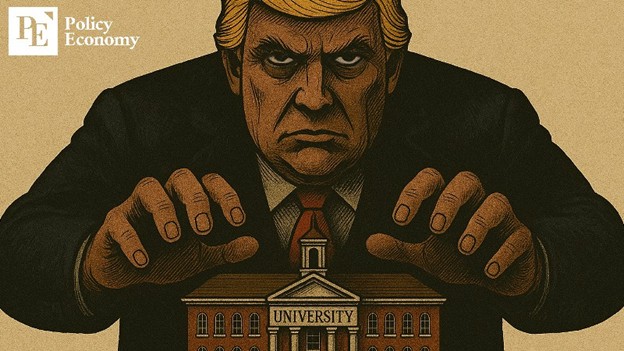

Quiet Austerity Begins Amid Funding Cuts Crisis Looms as International Students Are Barred, Cutting Off Key Revenue Local Community’s Economic Engine Also Comes to a Halt As U.S.
Read More
The Trump administration’s proposed federal budget includes unprecedented cuts to science funding Scientists and universities warn of severe domestic and global consequences The future of American research now hinges on Congressional negotiations and public pressure
Read More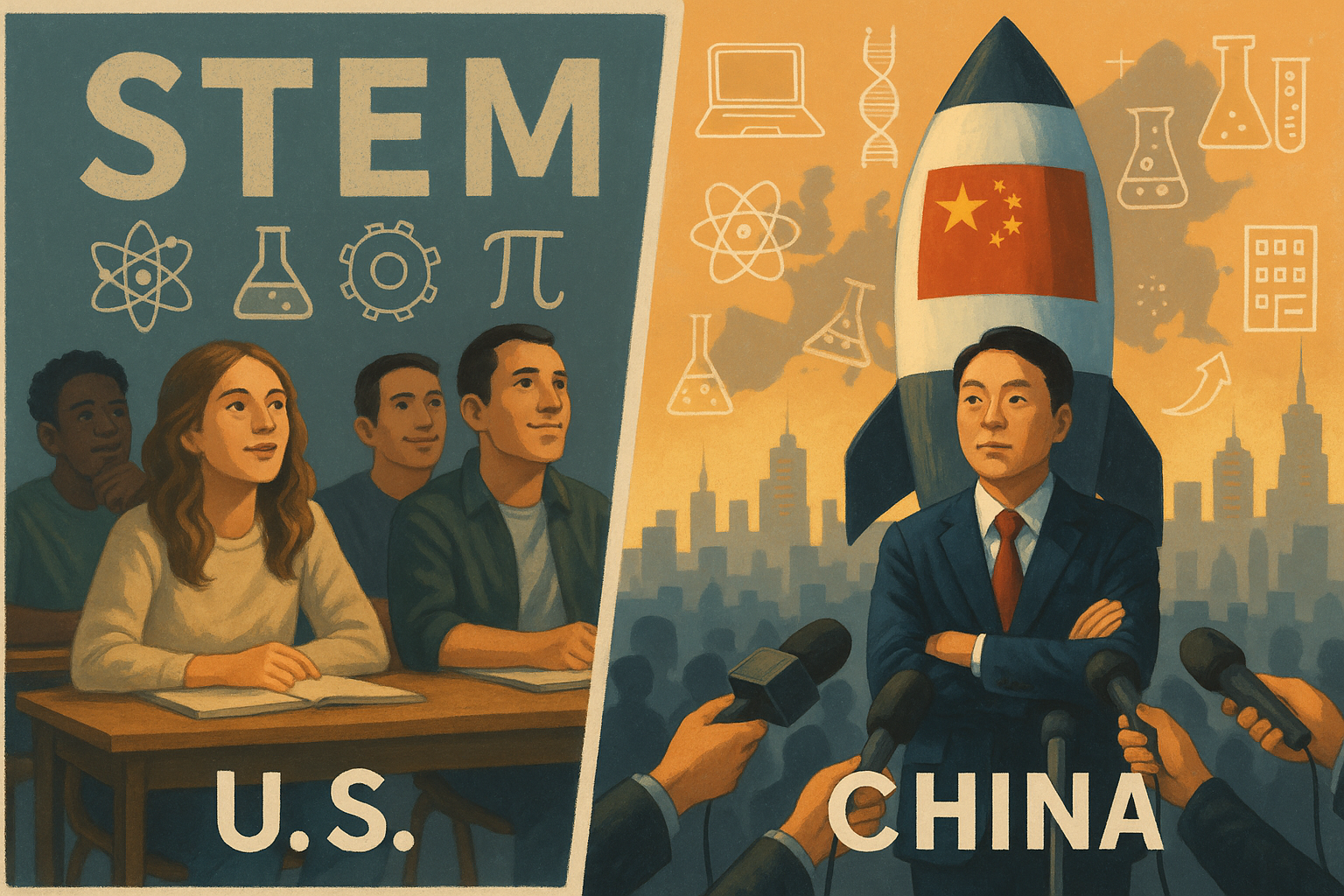
America’s STEM education system is in crisis China is rapidly advancing in STEM through strategic investment and curriculum reform A national STEM strategy centered on data literacy, curricular modernization, and talent retention is urgently needed
Read More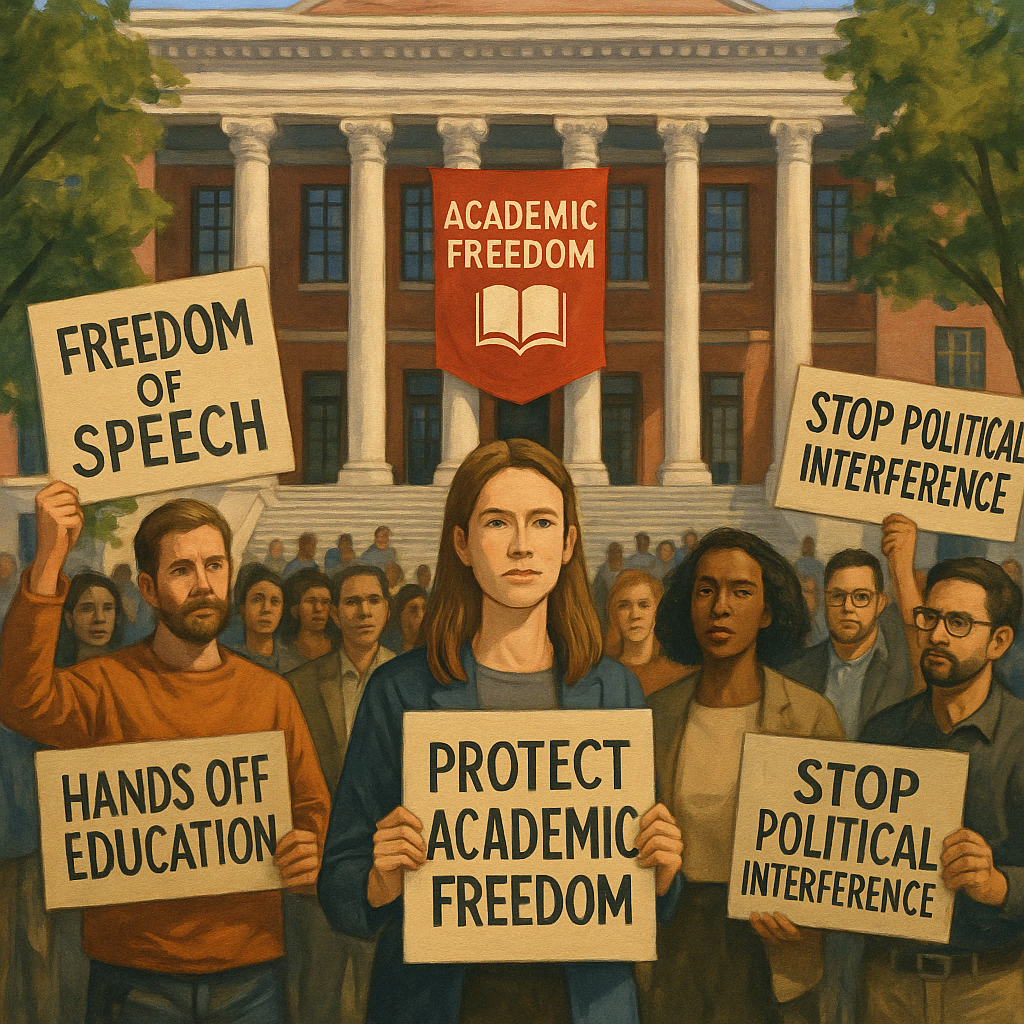
President Trump’s new executive order threatens US universities' access to federal funding and student aid. A wave of backlash from educators, students, and accrediting bodies as Trump politicizes higher education and undermines institutional autonomy.
Read More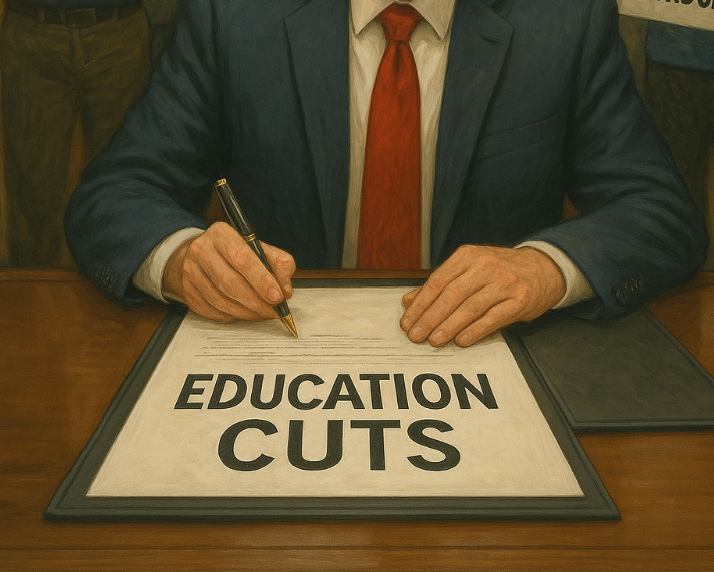
The Justification: Targeting ‘Ineffective’ and ‘Ideological’ Training Legal Resistance and a Supreme Court Setback Public Backlash and the Case for Investment in Teachers
Read More
A Label with Ambition: Opening the Door to a European Degree Legal Labyrinth: Unearthing the Real Barriers to Integration Towards a Coherent European Higher Education Area
Read More
Germany’s Tuition-Free Model: A Fiscal and Demographic Lifeline The UK’s High-Stakes Gamble: Tuition Revenue and Post-Brexit Strategy Toward a Shared Vision: International Students as Nation Builders
Read More
Location can outweigh rankings when it comes to job opportunities Being in a major legal city means easier access to internships, networking, and hiring firms Law firms prefer local talent, making it harder for out-of-state graduates to compete Bar passage rates and state-specific legal systems often favor in-state graduates Attending law school in a legal hub offers long-term career advantages beyond the first job Imagine two law students, Jake and Sarah. Both were accepted into law schools of similar ranking.
Read More
Law school rankings matter, but location can often be more important for job prospects Major legal markets (New York, D.C., Chicago, L.A.) offer better internship, networking, and job placement opportunities Many law firms hire from their local talent pool, favoring schools in the same city over equally ranked schools elsewhere A law graduate from a mid-ranked school in a big city often has better job prospects than a higher-ranked graduate from a small town Many students obsess over law school rankings, believing that attending a higher-ranked institu
Read More
Ranking Criteria – Law school rankings prioritize job placement, reputation, selectivity, faculty resources, and student debt, with a strong focus on BigLaw and clerkships. T14 Advantage – T14 schools rank higher due to elite job placements, strong reputation, and selective admissions, making their degrees highly valuable nationwide. Limitations – Rankings favor prestige and BigLaw jobs, often overlooking regional strengths, affordability, and alternative legal careers.
Read More











